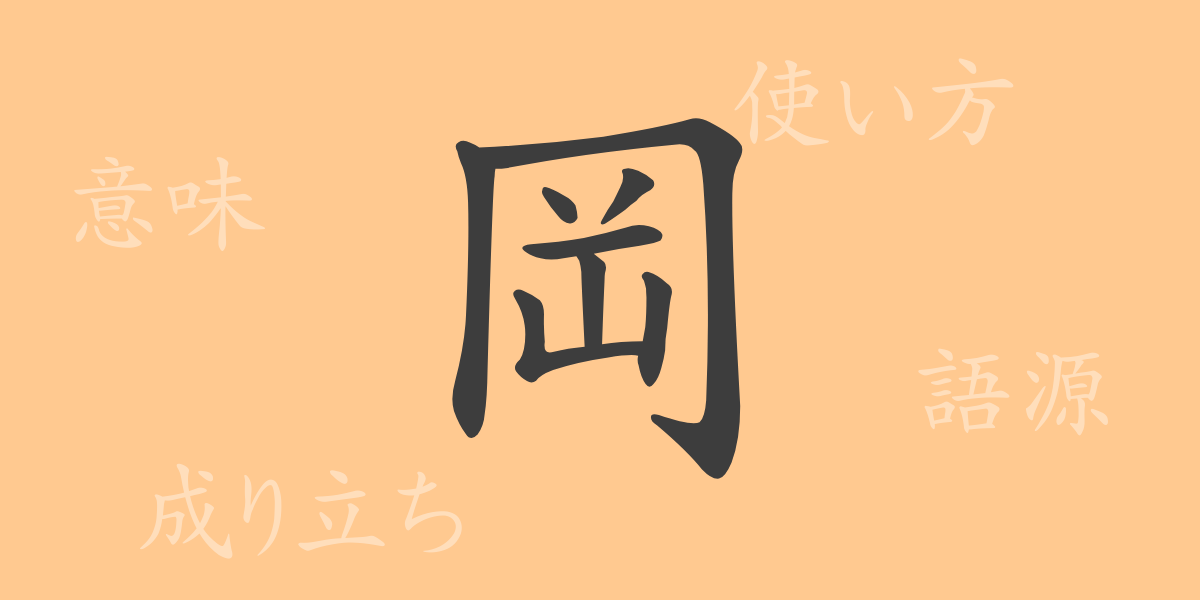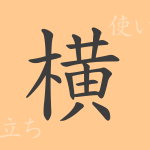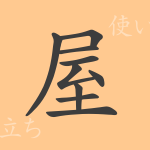“
In the written Japanese language, numerous kanji characters are used. Among them, “”岡”” (Oka) is one of the kanji deeply rooted in Japanese nature and culture. In this article, we will delve into the charm of 岡 (Oka), exploring its origin, meaning, usage, reading, stroke count, radical, and even the idioms and phrases that include 岡 (おか, oka).
The Origin (Etymology) of 岡 (Oka)
The character 岡 (Oka) has its origins in the ancient Chinese script called “”oracle bone script.”” It is composed of a combination of “”山”” (Yama), representing a mountain, and “”小”” (Shō), meaning a small piece of land. Originally, it was a word that meant a small hill or mountain. As time passed, its shape and meaning gradually changed, settling into the current kanji 岡 (Oka).
The Meaning and Usage of 岡 (Oka)
岡 (Oka) is primarily used as a word referring to a “”small hill”” or a “”flat land on the side of a mountain.”” In Japan, it is frequently used to represent natural terrain and can also be found in place names and personal names. For example, names like “”岡山”” (Okayama) and “”岡田”” ( Okada) use this kanji 岡 (Oka).
Reading, Stroke Count, and Radical of 岡 (Oka)
The kanji 岡 (Oka) has distinctive features in its reading and writing.
- Reading: The on’yomi is “”こう”” (kō), and the kun’yomi is “”おか”” (Oka).
- Stroke Count: 岡 (Oa) is composed of 8 strokes in total.
- Radical: The radical is “”山”” (Yama), classifying it as a kanji related to mountains.
Idioms, Phrases, and Proverbs Using 岡 (Oka) and Their Meanings
岡 (Oka) is used in various idioms, phrases, and proverbs. For example, the proverb “”岡目八目”” (Okame hachimoku) means that a third party can see the truth of a matter better than those directly involved. Additionally, “”岡引”” (Okappiki) refers to a type of police officer in the Edo period and can also mean a detective or a lookout in modern times.
Summary of 岡 ( Oka)
Each kanji character has a background and meaning embedded in its formation. “”岡”” (Oka) is also a character closely related to Japan’s climate and history, and it continues to live on in place names, personal names, and language. By knowing this kanji, one can further feel the depth of the Japanese language and the diversity of its culture.
“

























